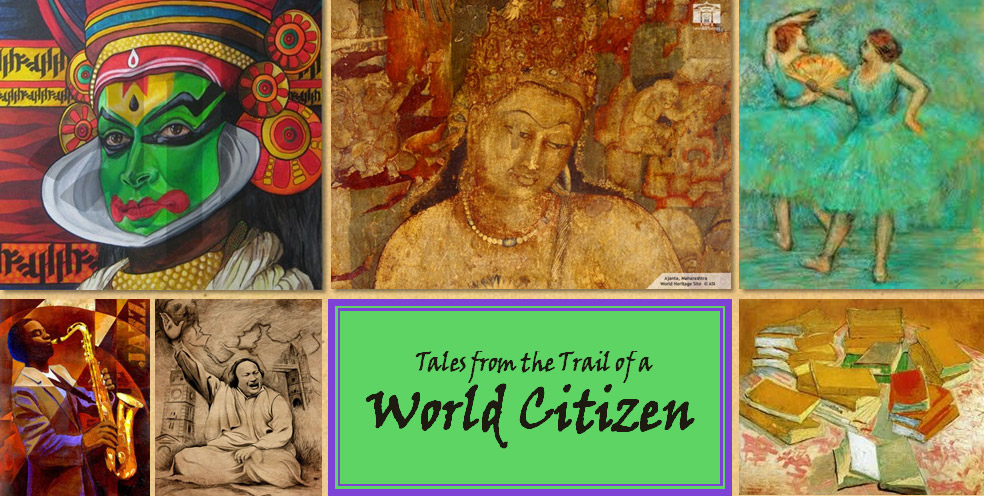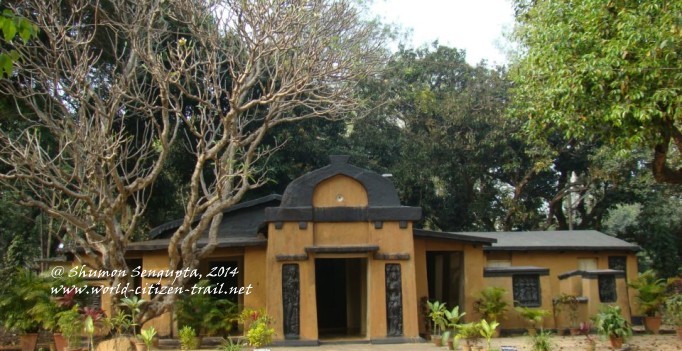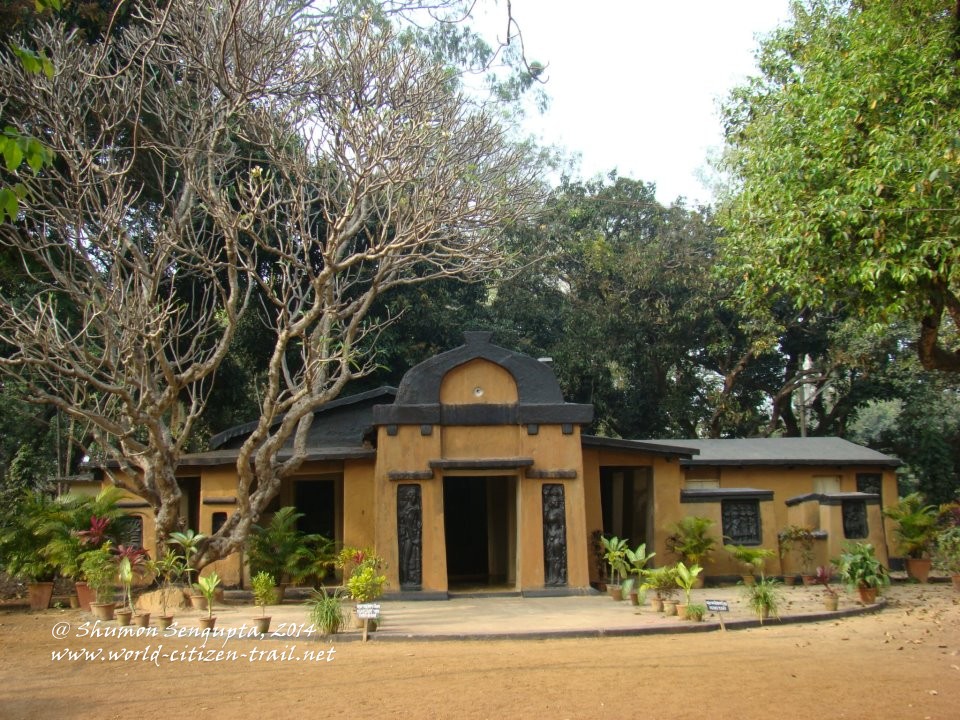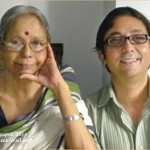While searching for a rendition of “Tumi Robe Nirobe” (Silently shall thou dwell), I came across this outstanding video of this exquisite composition, sung by a young artist I had not heard of earlier.
Gifted with a melodious, tenor voice (with a slight tremor, which makes the voice even more appealing), Sanam Puri, a Punjabi, renders this song in near perfect Bengali diction – something that young native Bengali singers of Kolkata and elsewhere, with their highly affected, put-on, pseudo westernized Bengali accents might want to learn to do.
The composition is suffused with tender romanticism in both lyrics and melody. And true to the spirit of the song, the artist sings it with insight and integrity and invests his rendition with a rare sensitivity – an understated passion, completely befitting this exceptionally beautiful composition.
And the instrumental arrangement that goes with the song is outstanding to say the least, particularly the elder Samar Puri, on the lead guitar.
And then there is Tagore, standing above all, shining through everything else, and reigning supreme. It is amazing that a song written 120 years back (1895 to be precise) still retains its romantic charm and appeal – both lyrically and musically. Even to this date, this song, like many other compositions of Tagore, remains surprisingly universal, modern, contemporary and fresh, if not near eternal.
This is one of the few songs that we know of, that Tagore had written addressing his wife, Mrinalini Devi. The poet was in the full bloom of youth then and had had his fourth child, Mira, a year earlier. He was experiencing marital bliss and contentment – a sense of fulfillment in family life, he had not felt earlier. And his feelings poured out in this unusually beautiful, haunting song.
It was truly an ode to Mrinalini Devi, his wife.
Those of us who are keen students of Tagore, can’t help observe with sadness that such tender bliss was not to be experienced by the poet ever again, in the long, productive and increasingly lonely and sad life that followed – a life that was at once filled with inner greatness and grandeur, and stupendous and sustained achievements in multiple spheres, as with profound grief, sorrow, setbacks and loneliness.
That makes this song that much more special to me and other students of the poet.
I have not found a satisfactory English translation of this song, not even the one by Tagore himself. Tagore was after all not a great translator in English.
I have shared my translation of this song with FB friends earlier and I am doing so yet again.
তুমি রবে নীরবে হৃদয়ে মম
নিবিড় নিভৃত পূর্ণিমানিশীথিনী-সম॥
মম জীবন যৌবন মম অখিল ভুবন
তুমি ভরিবে গৌরবে নিশীথিনী-সম॥
জাগিবে একাকী তব করুণ আঁখি,
তব অঞ্চলছায়া মোরে রহিবে ঢাকি।
মম দুঃখবেদন মম সফল স্বপন
তুমি ভরিবে সৌরভে নিশীথিনী-সম॥
Silently shall thou dwell
In the deepest recesses of my heart
Like the radiance of the solitary full moon
Spread across the night sky
The springtime of my life, my entire universe
Thou shall lend glory to,
Like the radiance of the solitary full moon
Spread across the night sky
In thy solitary pensive gaze
Shall thou watch over me
The shelter of thy drape
Shall be my secluded refuge
My sorrow, my pain, my dreams that come true
Thou shall render sweet with thy fragrance
Like the radiance of the solitary full moon
Spread across the night sky
– Rabindranath Tagore
(Translation: Shumon Sengupta)
I shall end my comment with my sense of deep gratitude to Sanam Puri and other members of his band. They have rendered this century old composition in an contemporary format, using a contemporary sensibility, without compromising one bit on the essential spirit, tenderness and beauty of the song.
They have surpassed themselves with this recording and created a shining example for Bengali singers of Rabindra Sangeet from the newest generation – young men and women struggling to reclaim this genre of Bengali music in a contemporary format (primarily as Band musicians), using contemporary sensibilities.
***********************
https://www.youtube.com/watch?v=mW_T8VIQR3A


























